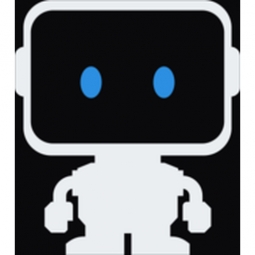DataRobot
Case Studies
UCSF-BASIC uses DataRobot and Operating Room Data to Predict the Outcomes of Patients with Traumatic Spinal Cord Injuries
Overview
 |
UCSF-BASIC uses DataRobot and Operating Room Data to Predict the Outcomes of Patients with Traumatic Spinal Cord InjuriesDataRobot |
Analytics & Modeling - Predictive Analytics | |
Healthcare & Hospitals | |
Product Research & Development | |
Predictive Maintenance Remote Patient Monitoring | |
Data Science Services | |
Operational Impact
| The TRACK-SCI team was able to use DataRobot to discover novel new features and build predictive models to determine if a patient would improve. | |
| The team performed a rigorous examination of the impact of many variables on outcomes for patients with SCI. | |
| One novel insight was that time spent in high blood pressure regimes has a significant impact on a patient’s likelihood to improve. | |
Quantitative Benefit
| The use of DataRobot's predictive analytics allowed the team to gain novel insights into the impact of blood pressure management on patient recovery. | |
| The insights gained will be used to develop guidelines for patient care, potentially improving outcomes for future SCI patients. | |


